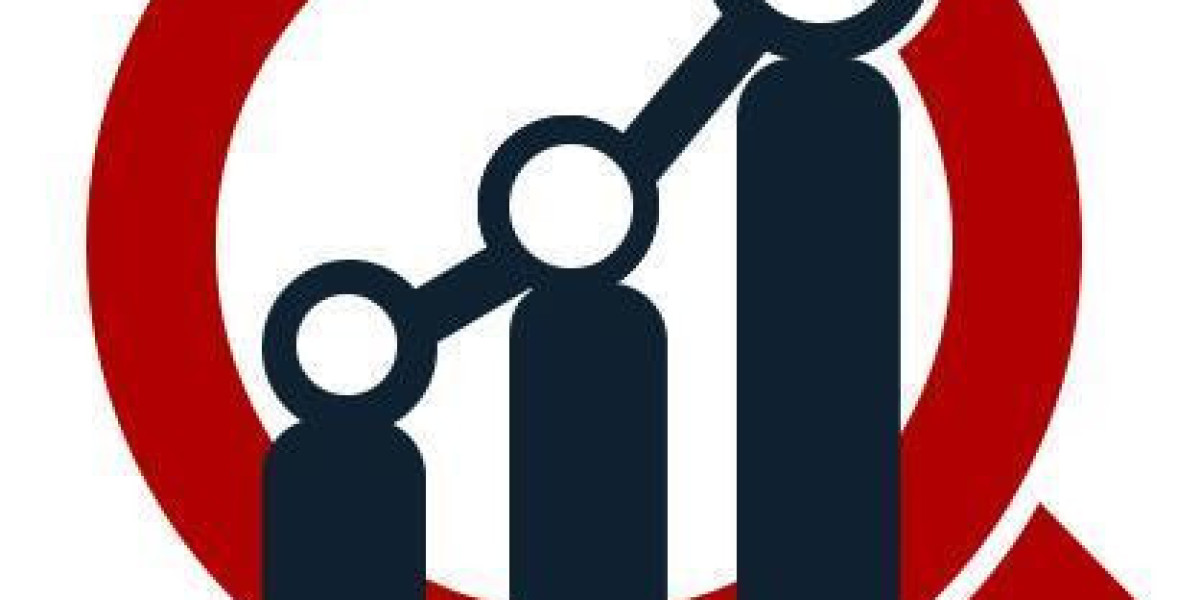Anyone who has undergone treatment for a mental health or substance use disorder has likely heard the phrase, "Make sure you have your aftercare plan figured out before leaving." This is because therapists and addiction professionals know that having a solid aftercare plan reduces your chances of relapse once you leave treatment.
Aftercare Planning is the process of establishing a support system for yourself after finishing your addiction treatment program. This will likely include continuing to see your therapist, participating in mutual support groups, and taking care of ongoing medical and/or psychiatric needs. It will also probably involve addressing any underlying issues or unaddressed emotions that may have contributed to your substance misuse.
Your aftercare plan is designed to help you transition from a controlled environment (treatment program or rehab facility) to a more independent living situation while staying sober. It will be tailored to meet your specific needs and can usually begin as you are winding down your program or once you resume your regular life duties. Your therapist will most likely be involved in creating your aftercare plan or will recommend a trusted colleague to work with you.
Many treatment programs offer their own alumni services, a kind of aftercare plan that allows you to continue to receive therapy with the same person. These programs often include meetings, social activities, and phone or in-person check-ins. Depending on the program, you can also get connected with job or housing resources.
Some aftercare plans will incorporate a sober living home or other group housing arrangement that is overseen by an onsite manager. These are meant to give you a sense of community and help you develop the skills needed to cope with temptations and cravings while staying sober. Some aftercare plans will recommend that you attend recovery meetings for alcoholics and addicts, often called self-help or 12-step meetings. These are generally held in local communities and allow you to interact with other people who have struggled with the same substance misuse issues.
Another part of aftercare is establishing a daily routine that includes healthy eating, exercise, and sleep patterns. This will keep your body and mind functioning properly, reducing the stress that can contribute to relapse. Your therapist can help you create this daily routine and find ways to stay motivated to maintain it.
Relapse is not inevitable in recovery, but if it does occur, it will likely be followed by a reevaluation of your aftercare plan. Your therapist will help you identify triggers and high-risk situations, address any underlying emotions or unaddressed issues that contributed to your relapse, and make adjustments as necessary.
Aftercare is a lifelong process and will probably need to be modified as you progress through recovery. However, a thoughtful and well-developed aftercare plan reduces the risks of relapse and can help you stay on track for long-term sobriety. Relapse rates are similar to those for other chronic diseases, such as emphysema or depression. Developing an aftercare plan is just as important for recovering from addiction as it is for treating other chronic conditions.



